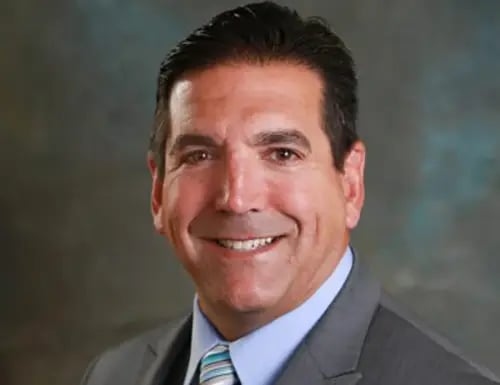4 min read
Appeal in Rear-End Collision Case: Understanding Court Rulings
In Beard v. Parry, Mark Beard appealed a judgment entered on a jury verdict in favor of Max Parry following a motor...
With our diverse legal service offerings, helping people and families with their legal matters comes naturally for the lawyers and staff at Whitcomb Selinsky, PC.
We know that you work hard for your money. So when we charge for a legal service, we ensure we deliver the value you deserve.
We will walk through the details of your situation or existing case and help you understand your legal options. We will explore other legal avenues if you feel you are at a dead end with your current circumstance or case.

We are not like the big 'pyramid scheme' law firms. We have a close-knit team of 16 attorneys and 12 legal and administrative staff who are dedicated to building a trusting relationship between themselves and their valued clients.

Whether you choose to work with our team or determine we are not the right fit at this time, you will walk away from our free consultation with the next steps in your case.


A veteran, Joe directs the Government Contracting and International Business Transactions practice areas.
» View Bio

In addition to directing the firm’s Trademark / Copyright Infringement practice areas, Brandon also counsels craft breweries and other business.
» View Bio
Feb 18, 2026 by Joe Whitcomb
In Beard v. Parry, Mark Beard appealed a judgment entered on a jury verdict in favor of Max Parry following a motor...
Feb 14, 2026 by Joe Whitcomb
In Trenshaw v. Jennings, Lucas Trenshaw and Teresa Gardner, as Personal Representative of the Estate of Timothy...
Feb 13, 2026 by Joe Whitcomb
In Taylor v. Collins, Army veteran Deon S. Taylor appealed a decision of the Board of Veterans’ Appeals denying higher...
“My personal opinion that I'm living proof that people do listen and there are solutions that render quality with cohesive results.”
“My personal opinion that I'm living proof that people do listen and there are solutions that render quality with cohesive results.”
Get Started in
 Discuss Your Claim
Discuss Your Claim  Explore Your Options
Explore Your Options  We Will Advocate For You
We Will Advocate For You

